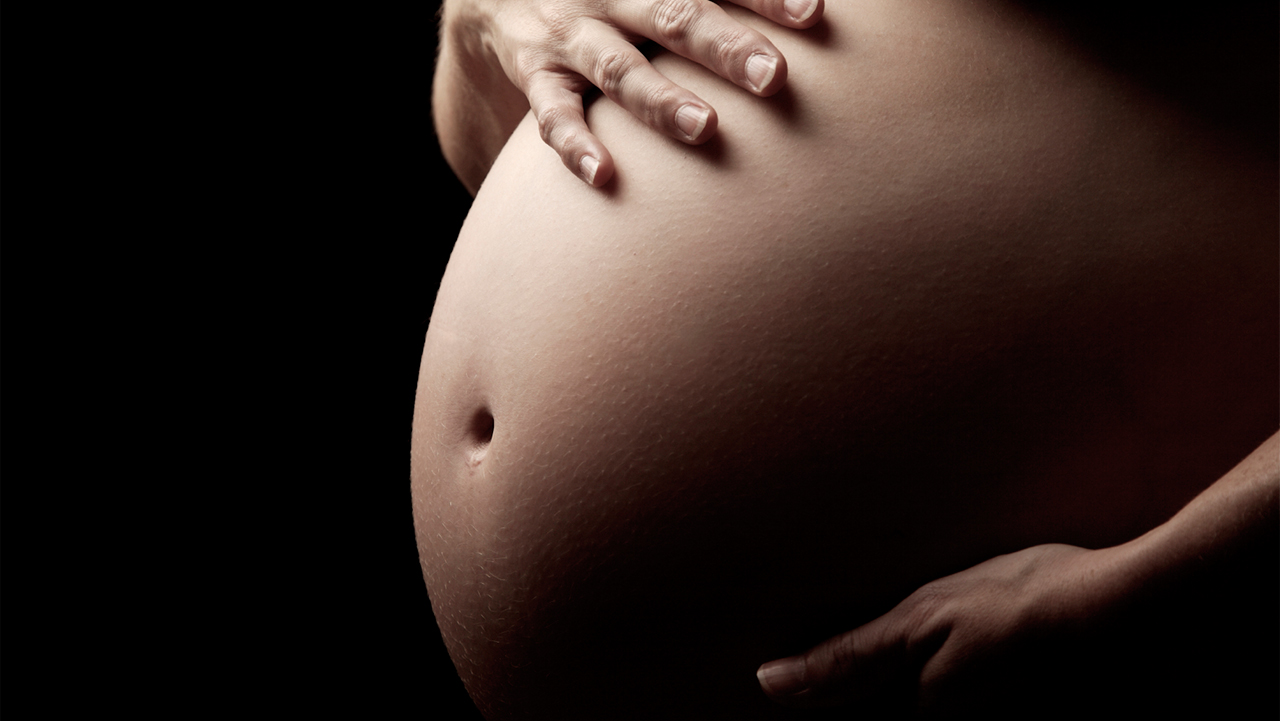
The survey indicated a high burden of postnatal conditions that persist in the months or even years after giving birth.
They include pain during sexual intercourse (dyspareunia), affecting more than a third (35 per cent) of postpartum women; low back pain (32 per cent); anal incontinence (19 per cent); urinary incontinence (eight to 31 per cent); anxiety (nine to 24 per cent); depression (11-17 per cent); perineal pain (11 per cent); fear of childbirth (tokophobia) six to15 per cent) and secondary infertility (11 per cent).
The authors called for greater recognition within the healthcare system and effective care throughout pregnancy and childbirth to detect risks and avert complications that could result in lasting health issues after birth.
Director of Sexual and Reproductive Health and Research at World Health Organisation (WHO), Dr Pascale Allotey, observed: “Many postpartum conditions cause considerable suffering in women’s daily life long after birth, both emotionally and physically, and yet they are largely underappreciated, underrecognised and underreported.
“Throughout their lives and beyond motherhood, women need access to a range of services from healthcare providers, who listen to their concerns and meet their needs, so they not only survive childbirth, but can enjoy good health and quality of life.”
Despite their prevalence, these conditions have been largely neglected in clinical research, practice and policy, the paper noted. D
During a literature review spanning the last 12 years, the authors identified no recent high-quality guidelines to support effective treatment for 40 per cent of the 32 priority conditions analysed in their study, and found not a single high-quality guideline from a low- or middle-income country.
Taken as a whole, the series, titled maternal health in the perinatal period and beyond, called for greater attention to the long-term health of women and girls before and after pregnancy.
According to its opening paper, a holistic approach is needed to reduce maternal deaths, focusing not only on their immediate biomedical causes, but also on the complex interplay of broader social, economic and environmental conditions that affect women’s health.






